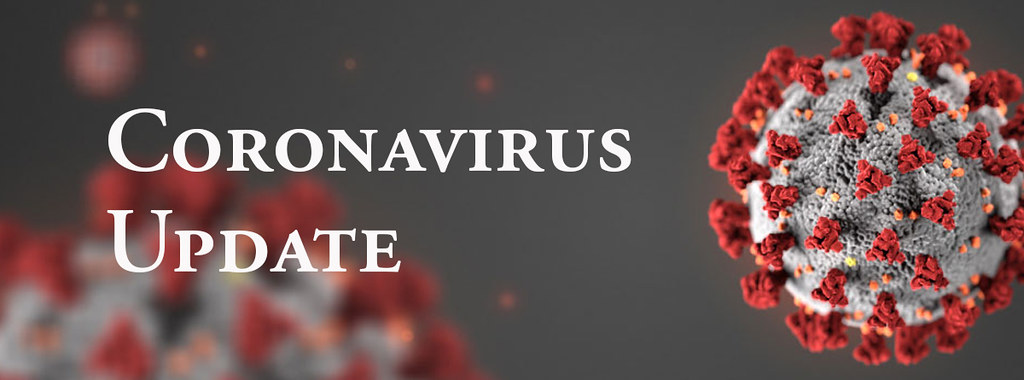Government contract bid rejected for listing COVID-19 in force majeure clause.

On December 3, 2021, the U.S. Government Accountability Office (“GAO”) upheld[1] the Department of the Army, United States Army Corps of Engineers’ rejection of a bid containing COVID-19 in its force majeure clause. Being one of the most recent high-profile decisions concerning the inclusion of COVID-19 as a force majeure event, owners will be eager to cite this decision when striking such language from contracts or rejecting them altogether.
The United States Army Corps of Engineers (“Corps”) issued an invitation for bid (“IFB”) on July 16, 2021, under Federal Acquisition Regulation (“FAR”) part 14 as a total small business set-aside, to furnish and install two new service gates at Surry Mountain Damn in Surry, New Hampshire. The IFB incorporated FAR clause 42.249-10 for default of a fixed-price construction contract. Out of three other bids, American Mine Services, LLC (“AMS”) was the apparent low bidder. Its bid included language that “COVID-19 is considered a Force-Majeure Event along with any other similar disease, epidemic, or pandemic event” entitling it to additional time under the contract.
The Corps informed AMS that its bid was rejected as nonresponsive by failing to conform to the essential requirements of the solicitation. AMS argued that by including COVID-19 in the force majeure clause, it was merely confirming a protection already offered to all bidders under FAR clause 52.249-19 because that clause already lists epidemics and quarantine restrictions as possible causes of delay. But the Corps disagreed, saying that AMS’s language makes any COVID-19 impact to the project an excusable clause per se, while the FAR language allows for the determination of whether epidemics or quarantine constitute an excusable delay to be left within the judgment of the contracting officer. The COVID-19 language in AMS’s contract expanded its ability to receive additional time for reasons not contemplated under FAR clause 52.249-10. Therefore, the Corps reasonably rejected the bid because of this material deviation from the IFB’s requirements.
Additionally, the GAO noted that contractors have been operating in a COVID-19 environment for around 18 months. COVID-19 challenges contractors face are no longer unforeseeable or beyond mitigation. Contractors are expected to consider these challenges and the risks when determining the price of their bid. Other contractors had likely priced in such considerations when submitting their bids and allowing AMS to revise its bid now would prejudice the other bidders.
This decision sheds light on similar positions likely held by many other decision makers, whether agencies or courts, due to the length of time COVID-19 has been around. Contractors and subcontractors should be wary to include similarly favorable COVID-19 force majeure language in their contracts now that industries and business have been able to adjust and mitigate certain impacts that arise from COVID-19.
Chadd Reynolds is an associate with WCZ’s construction law and commercial and civil litigation practice groups. If you have questions or would like more information, please contact him at creynolds@wczlaw.com
[1] A copy of the decisions is located at https://aboutblaw.com/0J6

